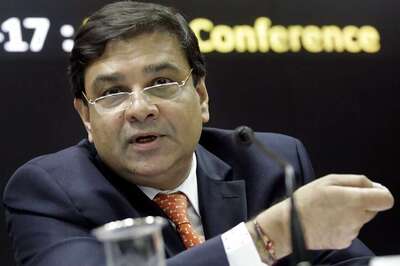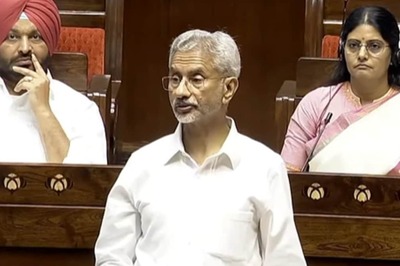
views
Tuesday’s crisis in Kerala following the tripping of the north, east and north-eastern grids points to how precariously poised the state’s power situation is. It has also highlighted the state’s increasing dependence on ‘imported’ power over the years.
Consumption in the state is soaring. The consumer population of the KSEB is set to touch 1.08 crore by 2014. The daily demand, which hovers around 3300 MW now, will touch 6093 MW by 2022, according to the 18th Power Survey.
The KSEB has been able to add little to the installed capacity of the state over the years, and it is certain that the big projects in the pipeline will take years, or even decades, to materialise.
For instance, according to data furnished by the Power Department, Kerala should start getting 350 MW from the proposed LNG-based 1200 MW power plant at Cheemeni only by 2017-18 and 350 MW from the proposed 1026 MW gas-based power plant at Brahmapuram by 2016-17.
But construction of these projects, fully dependent on the yet-to-be-commissioned LNG project in Puthuvypeen, have not even begun.
Likewise, the biggest hydel project in the KSEB kitty, the 163 MW Athirappally hydel project, is neck-deep in controversy, while mining of coal is yet to begin at the Baitharani Coal Block in Orissa, where the state has proposed establishing a coal-based thermal power plant jointly with Orissa.
Kerala has a total share of 266 MW from the Koodankulam Nuclear Power Project but the state is yet to settle disputes related to the drawing of the transmission line. And besides, Tamil Nadu Chief Minister J Jayalalitha has stirred up a hornet’s nest by staking full claim on the Koodankulam power citing Tamil Nadu’s acute power shortage. The first 1000 MW unit of KKNPP is slated to be commissioned in August.
‘’The power situation will only worsen, given the power availability in the country. The root cause for Monday’s and Tuesday’s grid collapse is that there is not enough electricity to go around,’’ said former Power Minister A K Balan.
‘’In Kerala, power generation has become near to impossible. We have the potential to add around another 2000 MW in hydel power, but environmental concerns prevent us. Besides, the initial formalities of most of the big projects planned by the state will take a minimum of five years to complete,’’ Balan said.
The recent recommendations of the Western Ghats panel headed by Prof Madhav Gadgil and heritage status conferred on the Western Ghats by UNESCO add to KSEB apprehensions.




















Comments
0 comment